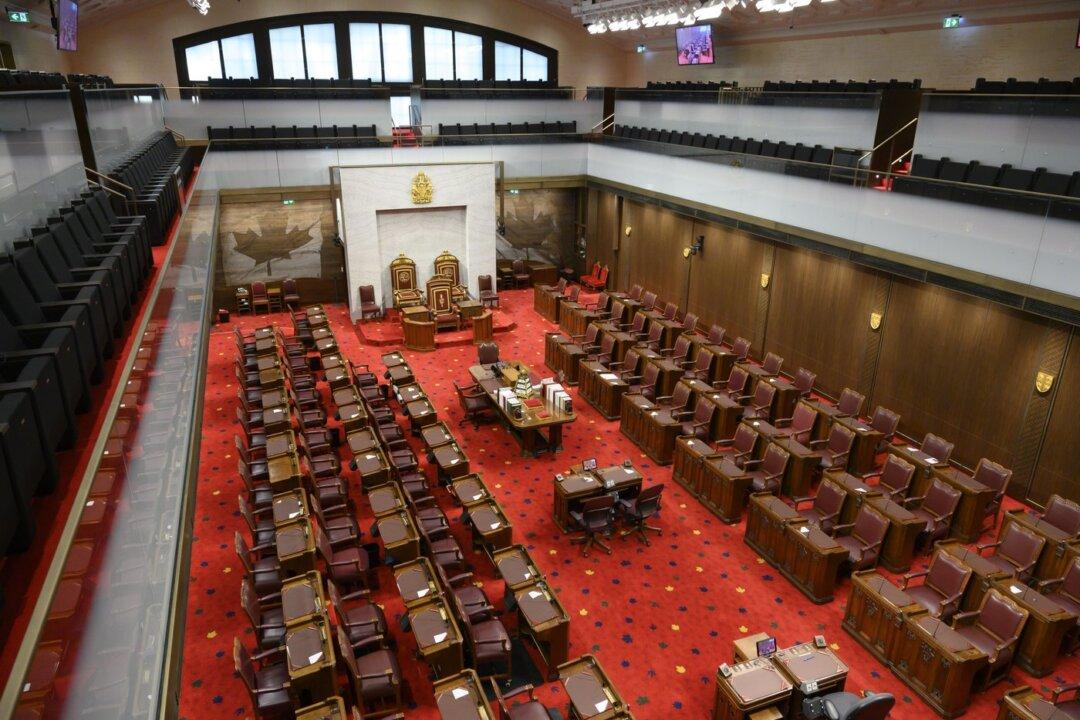As the Senate went through the third and final reading of the government’s Bill C-78, which would give Canadians a two-month GST holiday, some senators criticized the legislation as insufficient at a time when Canadians are struggling with rising costs, while others came to the bill’s defence.
Colin Deacon from the Canadian Senators Group said he is “completely against” the bill because there is “no underlying logic” to the items that have been chosen for the GST holiday. He said the Canada Revenue Agency, which would be responsible for implementing the bill, wasn’t consulted, and small business owners will face difficulties in implementing the measure with different items having differing tax rules.





